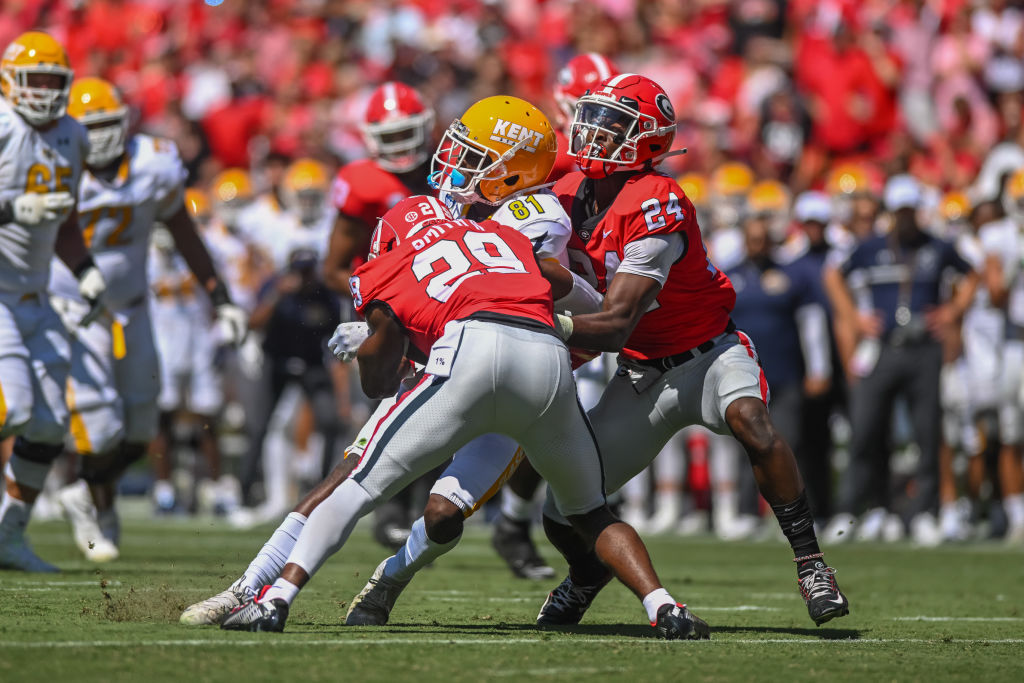CHAPEL HILL, N.C. – University of North Carolina wide receiver Devontez ‘Tez’ Walker had his hardship waiver denied yesterday by the NCAA, resulting in his exclusion from the entire 2023 football season.
Unfortunate Denials: Struggles of Devontez Walker and Darrell Jackson
Walker’s transfer from Kent State to UNC was motivated by the desire to be closer to his grandmother, who is grappling with undisclosed medical issues. His family resides in Charlotte, located merely 140 miles away from UNC’s Chapel Hill campus. In contrast, Kent State – positioned in Kent, Ohio – is nearly 500 miles from Walker’s hometown of Charlotte. Despite the heartfelt reasons behind his move, the NCAA’s decision has dashed Walker’s hopes for immediate eligibility.
The denial has not only affected Walker; Florida State’s Darrell Jackson, who shifted from Maryland to Miami (FL) in 2022, also faced a similar fate. Jackson, hailing from Havana, Florida, a mere 16 miles from FSU’s Tallahassee campus, transferred to Florida State University’s program to be closer to his ailing mother.
Navigating Transfer Rules: NCAA’s Complex Stance on Waivers
The NCAA’s stance on transfer waivers is multifaceted. According to their regulations, student-athletes can transfer once and be immediately eligible. However, any subsequent transfers mandate a one-year residence at the new institution before resuming competition.
Walker’s journey paints a complex picture. He initially committed to East Tennessee State after high school but never played for them. Instead, he joined NC Central during the peak of the COVID-19 pandemic. Unfortunately, NC Central canceled its 2020 season, and Walker never got the opportunity to play for the program. The NCAA’s ruling that the 2020 season did not count against an athlete’s five-year eligibility clock further complicates matters.
While these transfer rules may seem straightforward, the NCAA’s application of them raises eyebrows. Walker’s case highlights this. The NCAA announced a policy shift in March 2023, indicating that transfer waivers from two-time transfers due to coaching changes would no longer be approved. However, this change was implemented three months after Kent State’s coach, Sean Lewis, left for another position. The timing discrepancy calls into question the application of the new rule.
Conclusion
These recent denials of hardship waivers underscore larger issues within college athletics. The NCAA’s perceived lack of compassion and inconsistencies in rule application raise concerns about its role as a governing body. As the landscape of collegiate sports undergoes rapid transformations, the NCAA finds itself grappling with maintaining control and addressing athletes’ rights effectively.

